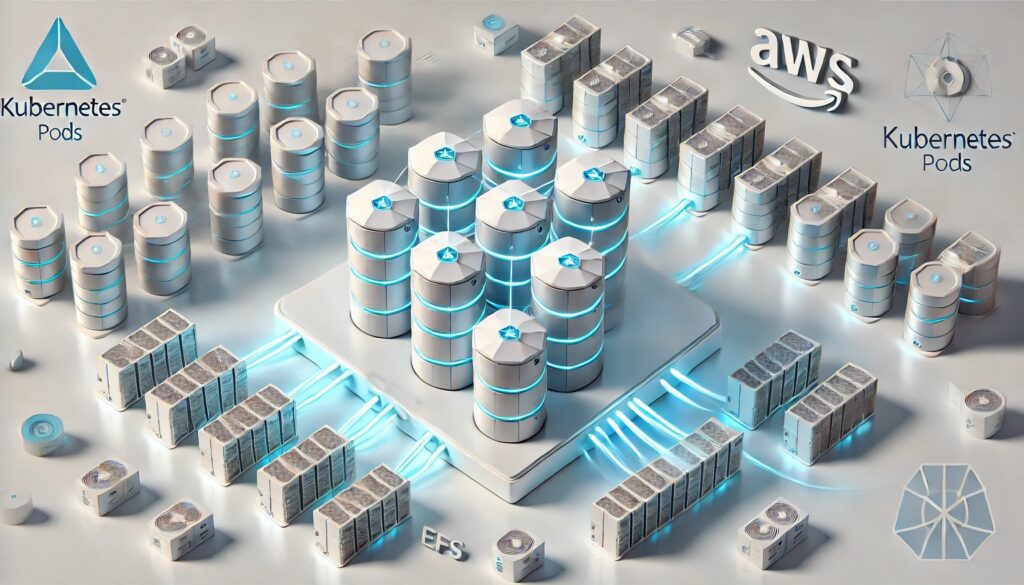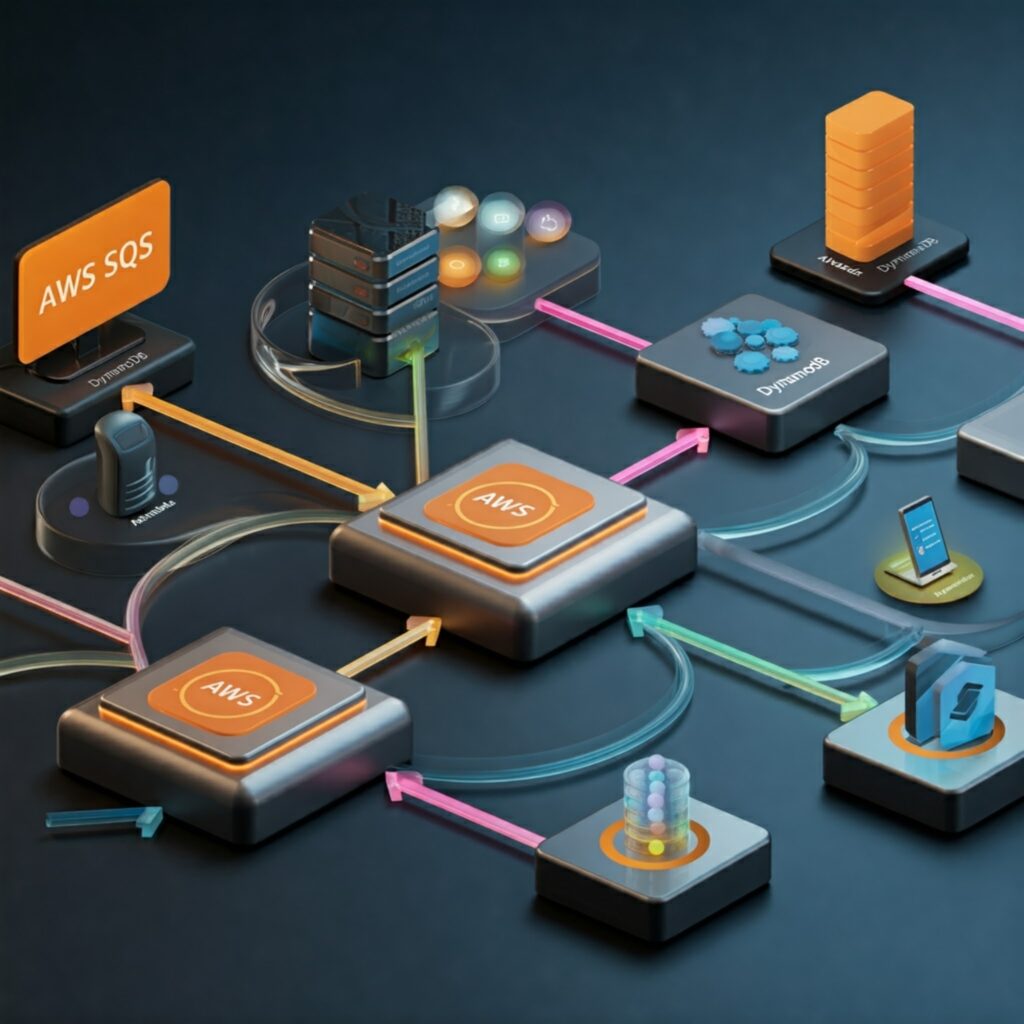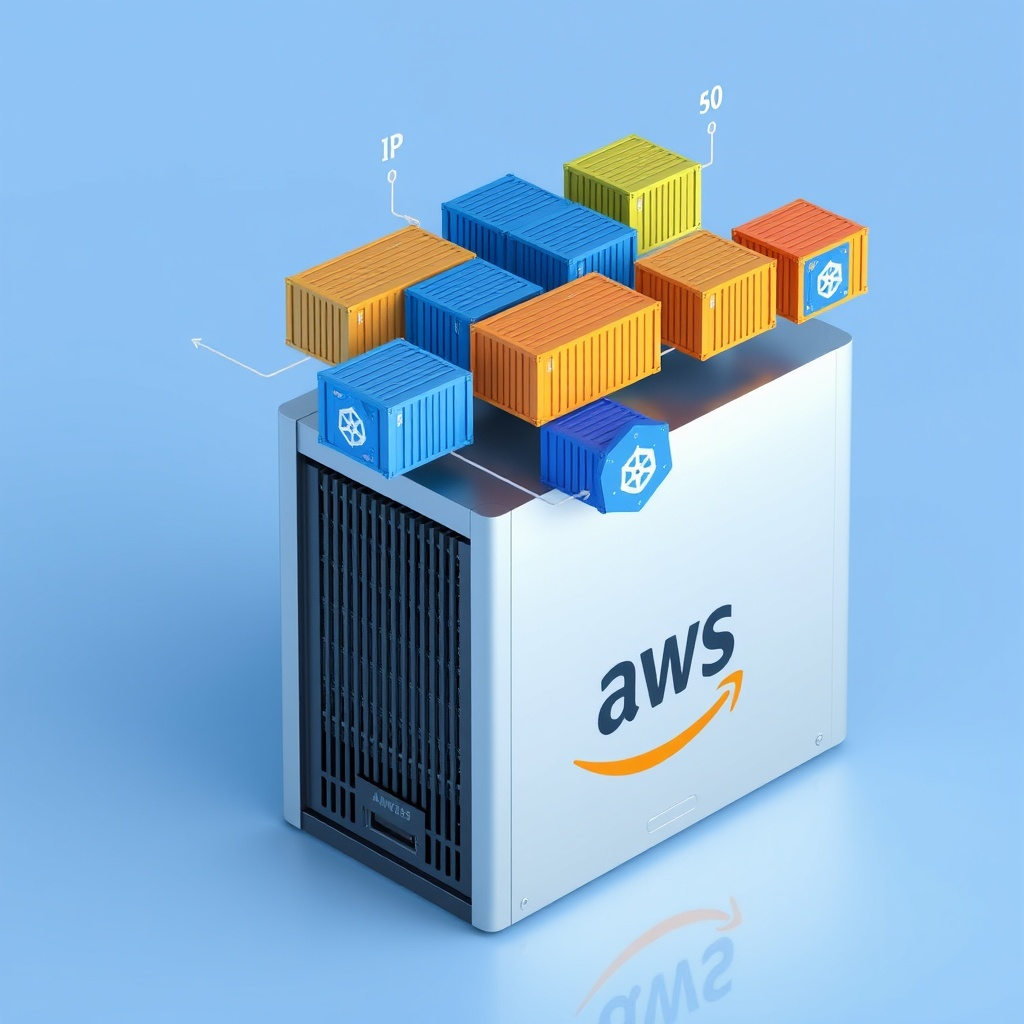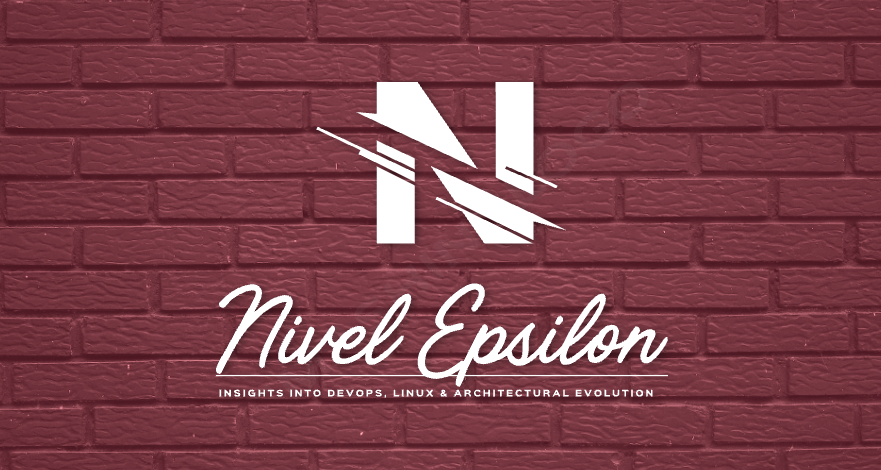
Managing cloud networks at an enterprise scale is like conducting a symphony orchestra in a massive digital city. Each connection must play its part perfectly, maintaining harmony, efficiency, and security. While most AWS architects are familiar with basic VPC concepts, the real power of AWS networking lies in its advanced capabilities, which enable robust, scalable, and secure architectures.
The landscape of cloud networking evolves rapidly, and AWS continuously introduces sophisticated tools and services. The possibilities for building complex networks are endless, from VPC Lattice to Transit Gateway and IPv6 support. This article will explore advanced VPC networking patterns and practical tips to help you optimize your AWS architecture, whether managing a growing startup’s infrastructure or architecting solutions for a global enterprise.
Simplifying service communication with VPC Lattice
Remember when connecting microservices felt like untangling a spider web? Each service had its thread, carefully tied to another, and even the smallest misstep could send the whole network into chaos. AWS VPC Lattice steps in to unravel that web and replace it with a finely tuned machine, one that handles the complexity for you.
So, what exactly is VPC Lattice? Think of it as a traffic controller for your services. But unlike a traditional traffic controller, VPC Lattice doesn’t just tell cars when to stop or go, it builds the roads, sets the rules, and even hands out the maps to ensure everyone gets where they need to go. It operates across VPCs and AWS accounts, enabling seamless communication without requiring the usual tangle of custom routing, peering, or private links.
Here’s how it works: VPC Lattice creates a service network, a kind of invisible highway system, that links your microservices. It automatically handles service discovery, load balancing, and security, so you don’t have to configure these elements for every single connection. Whether a service lives in the same VPC, a different AWS account, or even across regions, VPC Lattice ensures they can communicate effortlessly and securely.
Key features of VPC Lattice:
- Service Discovery and Load Balancing: Automatically finds and balances traffic between your services, regardless of their location.
- Unified Access Control: Define and enforce security policies at the service level, no matter how complex the network gets.
- Cross-VPC and Cross-Account communication: Forget about custom configurations, VPC Lattice bridges the gaps for you.
Real-World example
Imagine you’re running a food delivery app. You’ve got three critical services:
- Order Service to handle customer orders.
- Payment Service to process transactions.
- Delivery Tracking Service to keep customers updated.
Traditionally, you’d need to create individual connections between each service, setting up security groups, routing tables, and load balancers for every pair. With VPC Lattice, you define these services once, add them to a service network, and let AWS handle the rest. It’s like moving from a chaotic neighborhood of one-way streets to a city grid with clear traffic signals and signs.
Why it matters
For developers and architects working with microservices, VPC Lattice isn’t just a convenience, it’s a game-changer. It reduces operational overhead, simplifies scaling, and ensures a consistent level of security and reliability, no matter how large or distributed your network becomes.
By leveraging VPC Lattice, you can focus on building and optimizing your application, not wrangling the connections between its parts.
Security Groups and NACLs, the dynamic duo of network security
Let’s demystify network security. Think of Security Groups as bouncers at a club and Network ACLs (NACLs) as the neighborhood watch. Both are essential but operate differently.
Security Groups (The Bouncers):
- Stateful: They remember who’s allowed in.
- Permission-focused: Only allow traffic; no blocking rules.
- Instance-level: Rules are applied to individual instances.
NACLs (The Neighborhood Watch):
- Stateless: Each request is treated independently.
- Permission and denial rules: Can allow or deny traffic.
- Subnet-level: Rules apply to all instances in a subnet.
Example: Three-Tier Application
- Frontend servers in public subnets: Security Group allows HTTP/HTTPS from anywhere.
- Application servers in private subnets: Security Group allows traffic only from the frontend servers.
- Database in isolated subnets: Security Group allows traffic only from application servers.
| Layer | Security Group | NACL |
| Public Subnet | Allow HTTP/HTTPS from anywhere | Block known malicious IPs |
| Private Subnet | Allow traffic from Public Subnet IPs | Allow only whitelisted IPs |
| Database Subnet | Allow traffic from Private Subnet IPs | Restrict access to private subnet traffic only |
This combination ensures robust security at both granular and broader levels.
Transit gateway as the universal router
Transit Gateway acts as the central train station for your cloud network. Instead of creating direct connections between every VPC (like direct flights), it consolidates connections into a central hub.
Real-World scenario:
You manage three AWS regions: US, Europe, and Asia, each with multiple VPCs (dev, staging, prod). Without Transit Gateway, you’d need individual VPC connections, creating exponential complexity. With Transit Gateway:
- Deploy a Transit Gateway in each region.
- Connect VPCs to their respective Transit Gateway.
- Set up Transit Gateway peering between regions.
Cost optimization tip:
Use AWS Resource Access Manager (RAM) to share Transit Gateways across accounts, reducing the need for redundant configurations and lowering networking costs.
Gateway versus Interface VPC Endpoints
Choosing the right VPC endpoint type can significantly impact your application’s performance, cost, and scalability. AWS provides two types of VPC endpoints: Gateway Endpoints and Interface Endpoints. While both facilitate private access to AWS services without using a public internet connection, they differ in how they function and the use cases they best serve.
Gateway Endpoints are simpler and more cost-effective, designed for high-throughput services like Amazon S3 and DynamoDB. They route traffic directly through your VPC’s routing table, minimizing latency and eliminating per-hour costs.
Interface Endpoints, on the other hand, provide more flexibility and are compatible with a broader range of AWS services. These endpoints utilize Elastic Network Interfaces (ENIs) within your subnets, making them ideal for use cases requiring cross-regional support or integration with third-party services. However, they come with additional hourly and data transfer costs.
Understanding the nuances between Gateway and Interface Endpoints helps you make informed decisions tailored to your application’s specific needs.
| Type | Best For | Cost | Latency | Scope |
| Gateway Endpoints | S3, DynamoDB | Free | Low | Regional |
| Interface Endpoints | Most AWS services | Per-hour + Per-GB | Higher | Cross-regional |
Pro tip: For high-throughput services like S3, Gateway endpoints are a better choice due to their cost-efficiency and low latency.
VPC Flow logs as your network’s black box
VPC Flow logs provide invaluable insights into network activity. They capture details about accepted and rejected traffic, helping you troubleshoot and optimize security configurations.
Practical Use:
Analyze Flow Logs with Amazon Athena for cost-effective insights. For example:
SELECT *
FROM vpc_flow_logs
WHERE (action = 'REJECT' AND dstport = 443)
AND date_partition >= '2024-01-01';This query identifies rejected HTTPS traffic, which might indicate a misconfigured Security Group.
Preparing for the future with IPv6
As IPv4 addresses become increasingly scarce, transitioning to IPv6 is no longer just an option, it’s a necessity for future-proofing your network infrastructure. IPv6 provides a virtually limitless pool of unique IP addresses, making it ideal for modern applications that demand scalability, especially in IoT, mobile services, and global deployments.
AWS fully supports dual-stack environments, allowing you to enable IPv6 alongside IPv4 without disrupting existing setups. This approach helps you gradually adopt IPv6 while maintaining compatibility with IPv4-dependent systems. Beyond the sheer availability of addresses, IPv6 also introduces efficiency improvements, such as simplified routing and better support for auto-configuration.
Implementing IPv6 in your AWS environment requires careful planning to ensure security and compatibility with your applications. Below are the steps to help you get started.
Steps to Implement IPv6:
- Enable IPv6 for your VPC.
- Add IPv6 CIDR blocks to subnets.
- Update route tables and security rules to include IPv6.
Start with non-production environments and gradually migrate, ensuring applications are tested with IPv6 endpoints. IPv6 addresses are free, making them a cost-effective way to future-proof your architecture.
In a Few Words
Mastering AWS VPC networking patterns is not just about understanding individual components but also knowing when and why to use them. Whether it’s simplifying service communication with VPC Lattice, optimizing inter-region connectivity with Transit Gateway, or future-proofing with IPv6, these strategies empower you to build secure, scalable, and efficient cloud architectures.
Remember: The cloud is just someone else’s computer, but with VPC, it’s your private slice of that computer. Make it count!










